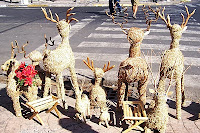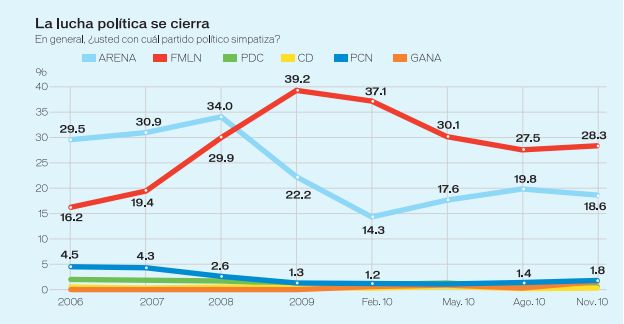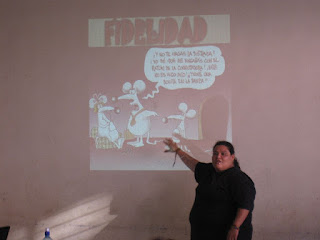Inciting awareness

Danny with friends My friend Danny Burridge has lived and worked in El Salvador for the past 4 1/2 years. Recently he started a new blog titled Embracing Crisis , about some of his experiences. Danny states that his purpose in writing the blog is "to incite awareness and weave a better world." Danny's two initial posts, Starting a Story and The Little Cicada , talk movingly about at-risk youth from the La Chacra neighborhood where Danny volunteers. Here's one of Danny's insights from Starting a Story : To be sure, there’s more little kids that will one day want in the gang than the pandilla could ever accept. I would say that in La Chacra, it’s a myth that gangs “recruit” little kids. It’s the poverty, the family disintegration, the lack of a support structure, the lack of education, the lack of opportunities, the lack of somebody to care, the lack of love that recruits little kids. It’s the fact that the gang members are the coolest and most powerful ...


